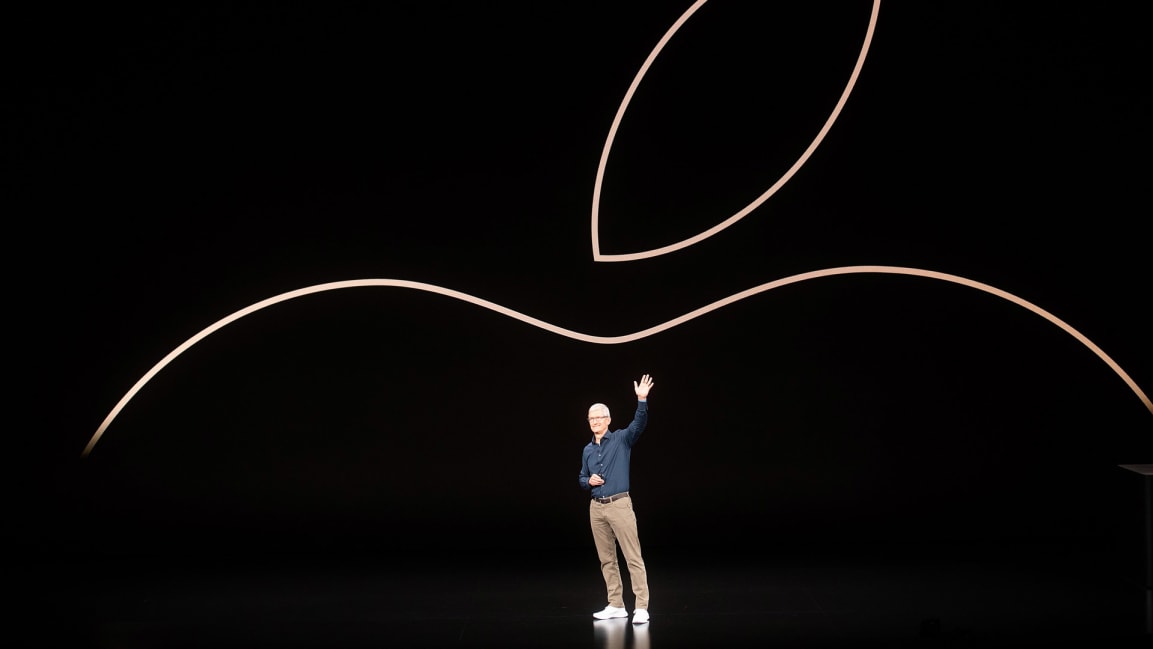Why Smart City design must be citizen–centric
October 10, 2018 - Image Hibe
According to the latest United Nations Population Fund, more than half of the world’s population now lives in urban areas, and it is predicted that approximately 66 percent of the world’s population will live in an urban environment by 2050.
Putting people at the center of smart city design needs to be at the core but this needs to be done while building a secured smart city that also safeguards the privacy of its people. It is important to understand that smart cities, if not designed and built properly, will become invasive to the very people it is trying to service. For people to embrace smart city technologies, the data collection or surveillance process will need to be fully understood by the citizens to increase the service levels while ensuring people security privacy information private.
“The smart city is only as smart as the trust its stakeholders have in it. As stated by Benson Chan, Strategyofthings.com.
Take the Quayside project in Toronto where Alphabet (Google parent company) will essentially build a smart city on Toronto waterfront. A very positive project for Toronto indeed, the question here is though, how will the people concerns including privacy be handled. How will this be a secured ecosystem ensuring people rights are protected. (https://sidewalktoronto.ca/) Already questions are being raised on how this will be managed. This is an amazing potential value for people, but at the same time the information gathered should not be used out of context by a third party without your knowledge and permission. Knowing the business model of Google, one can question the reasoning behind their involvement and what results are expected internally, aside from being a good corporate citizen.
The potentials of smart cities are very promising for our cities in need of rethinking and designed and how people will be serviced by these smart cities. What will be critical and is already a contention point will be how security will be ensured and peoples' privacy safeguarded.
Smart cities will be heavy users of IoT, AI and automation which will improve city management efficiency and increase service levels to people but privacy and security challenges will need to be managed. Having a secured pool of IoT within the smart city will not ensure individual privacy will be protected by the same IoT. IoT manufacturer market juggle pressures for quick time to market, which mean that choices need to be made between quality, security, privacy, profitability and delivery to market when deploying IoT devices within smart cities. Encryption and biometrics are used today in a wide range of IoT applications but these will not be enough going forward for the smart cities of tomorrow.
"Despite continued security problems, the IoT will spread and people will become increasingly dependent on it. The cost of breach will be viewed like the toll being taken by car crashes, which have not persuaded many people not to drive" as stated by Richard Adler, a Distinguished Fellow @ Institute of the Future.
For cities to sustain this growth, a very different approach will be required in city infrastructure management, which means using new technology such as IoT, AI and automation, to name a few. Smart city technology will need to be scalable and interoperability will be key since IoT will come from multiple suppliers with multiple differing evolution roadmaps. Various supplier applications powering their IoTs will need to have the ability to communicate seamlessly between each other and continue providing the same service to people in the ecosystem as those said suppliers evolve their respective technology.
Multiple IoT coming from multiple manufacturers and suppliers will mean an exponential factor of complexity and cost for deployment and training, day to day management, maintenance and technology evolution. As technology evolves in the back end, suppliers will need to ensure change is kept cost efficient and transparent for the smart city control centers, thus maintaining control on costs within the ecosystem.
In short, providing a secured environment and respecting citizens fundamental rights at all times and at every step of the value chain will be the expectation. For smart cities to work and reap the planned benefits; people will need to use it, for them to use it; they will need to trust it first.
Recent Posts


